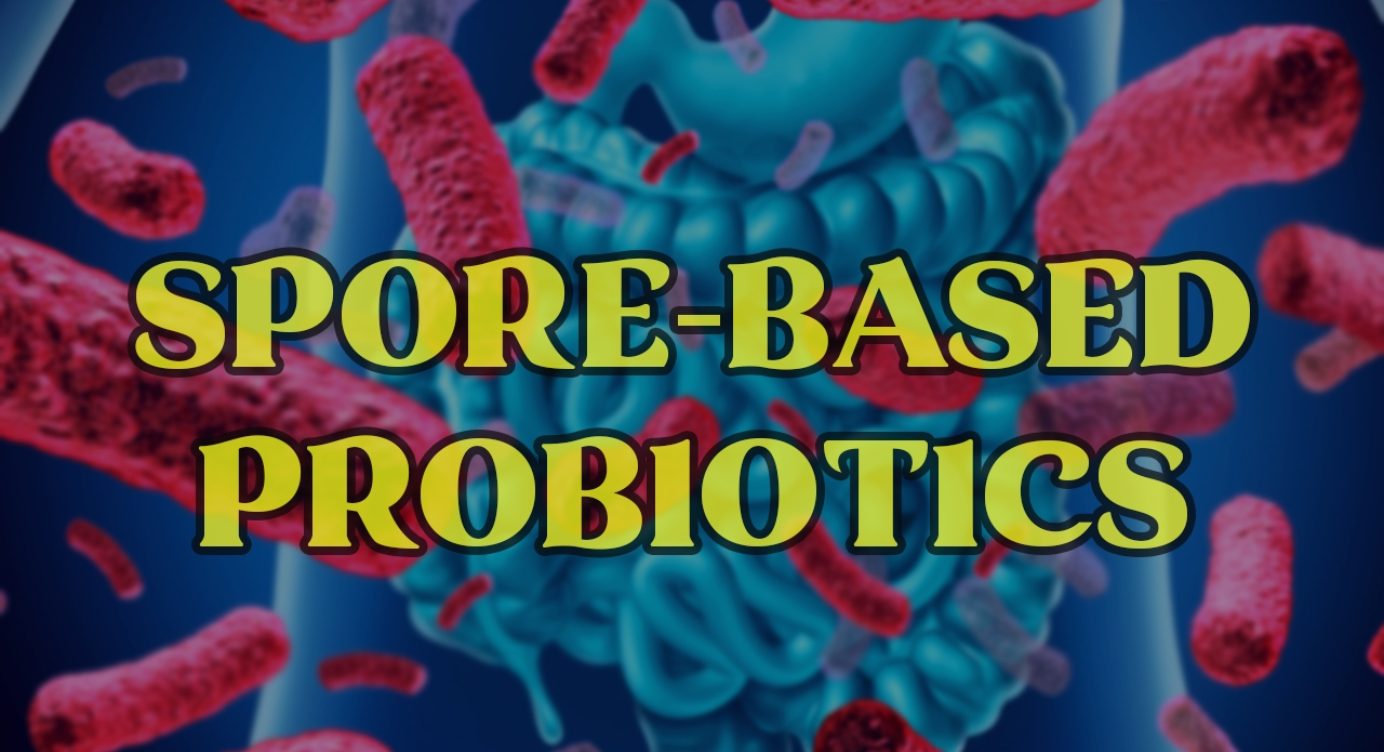
This strain has been extensively researched and shown to have the potential to support various aspects of health, including immune and digestive health. Let's take a look at some of the most extensively researched SBOs and some of the research they've been featured in: Bacillus coagulans Unique IS-2 Soil-based probiotics now have a huge weight of research behind them, and there are many strains that show very favourable outcomes for different areas of health. The spore essentially wraps around the genetic material, think of it like a physical force field or putting on your coat and winter gear so you don’t freeze in the cold weather! The mature spore is released once the vegetative cell has degraded. The endospore contains all the genetic material from the vegetative (‘active’) cell.

Sporulation is a complex, multi-step process which causes the cell to divide within itself creating an ‘endospore’. Essentially, it’s a survival mechanism for them. activate!īut how do SBOs protect themselves? Well, when conditions begin to become unfavourable or ‘stressful’, or there's a lack of available food sources, the bacterium can signal to itself to undergo sporulation (go into a dormant spore form). Then when the environment becomes more favourable (warmer temperature and more food) they wake up, i.e. We can think of soil-based strains like a bear hibernating - when the environment becomes unfavourable, in this case when the temperature drops, the bears hibernate in a big protective cave which protects them from the environment.

In the body they are hardy against stomach acid and the effects of medications such as antibiotics. This makes them extremely hardy and able to survive under very harsh conditions such as high temperatures, pressure, oxygen levels, moisture, salt, and acidity. Spores have an extremely tough exterior, largely made up of complex proteins. Find out more about how bacteria is classified in this article: What are Live Cultures?.īacillus have gained much attraction in the probiotic world due to their spore-forming ability. There are hundreds of different species of SBOs, with many of the most commonly used as probiotics coming from the Bacillus genus (or family), such as Bacillus subtilis and Bacillus coagulans (this species of bacteria was formerly misclassified in 1933 as Lactobacillus sporogenes before it was correctly identified as Bacillus coagulans). You may like to take a look at our Probiotics for allergies page which explores the reason why allergies develop and if probiotics can help. Lack of exposure to these soil-based bacteria is thought to be detrimental to the development of the immune system, and 'being too clean' is associated with allergic conditions such as asthma and eczema 1. Currently, unless we are consuming home-grown, or at least organic, raw produce there is very little of this type of bacteria left on the food that we are eating. Likewise, when we used to drink water from wells and springs, we would have exposed our digestive tracts to a wide range of bacterial species.

In the past, people expected to see a little soil on their fresh produce, whereas nowadays we like to see gleaming rows of clean, shiny vegetables and fruits in our supermarket. Before the introduction of modern farming methods, food-processing and sterilising techniques, SBOs were abundant in our food chain. Soil-based organisms are bacteria that are naturally found in our soil. But what else is special about these hardy members of the probiotic family? Read on to find out everything you need to know about SBOs, including: But why? One reason is that SBOs have been praised for their ability to resist stomach acid and higher temperatures, meaning that they can be easily added to food, drinks, and supplements, like gummies, without the beneficial bacteria being harmed. Soil-based organisms or 'SBOs' for short (also known as ‘soil bacteria’, ‘soil organisms’, or ‘homeostatic soil organisms’) are being used more than ever in probiotic supplements, functional foods or drinks.


 0 kommentar(er)
0 kommentar(er)
